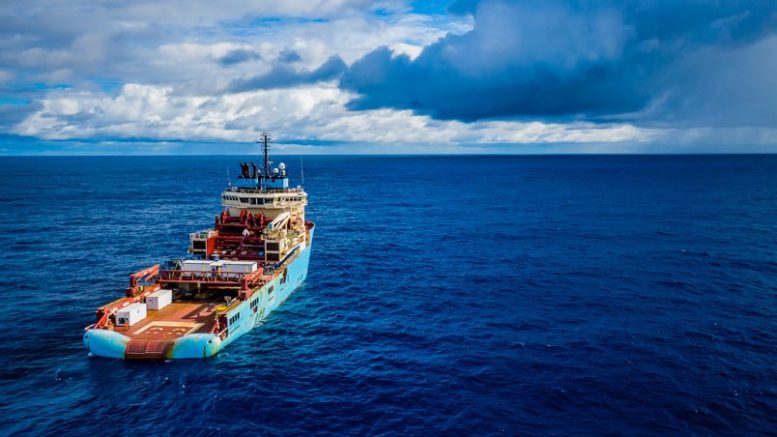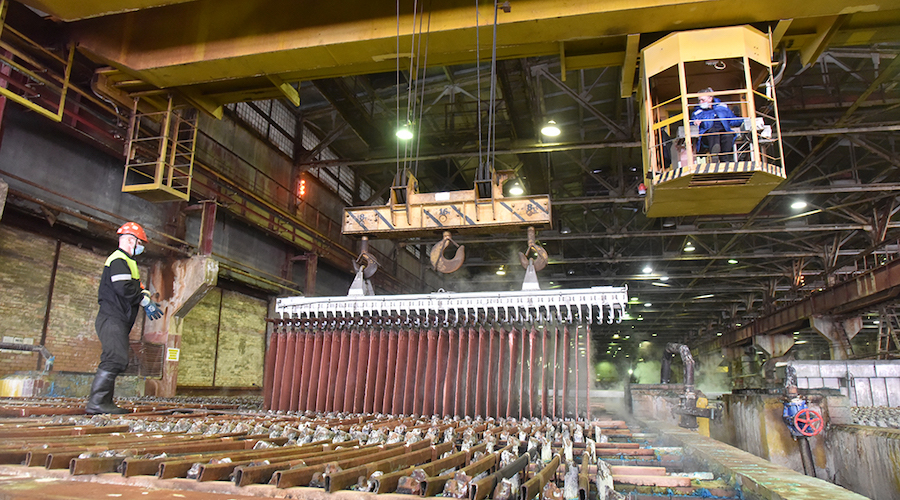The US government is looking to explore the possibility of mining the ocean floor to boost its supply of critical minerals, according to reports by the Wall Street Journal.
The newspaper had access to documents showing that the US Congress House Armed Services Committee has instructed the Pentagon to commit $2 million to a feasibility study that will partner with “an entity experienced in refining critical minerals and producing battery-grade metals.”
The process, however, will only begin once the annual defense budget is signed into law later this year.
The Pentagon has also been commissioned by Congress to provide a roadmap on how the US could source and possibly process critical minerals.
In March, Republican representatives Carol Miller and John Joyce introduced a bill to Congress pushing for the development and financing of deep-sea mining in the US, while 30 Republican members of Congress had written a letter last year to US Secretary of Defense Lloyd Austin urging American support for the sector.
“This is a big step in the right direction for the United States towards securing a stable supply of responsibly sourced critical minerals,” said Gerard Barron, CEO of The Metals Company, which aims to mine the potato-sized rocks known as polymetallic nodules found on the ocean floor.
The company, one of the leaders in deep-sea mining research, has submitted an application seeking a $9 million grant under the Pentagon’s Defense Production Act Title III program for feasibility work on a domestic refinery for nodule-derived intermediate products.
“The Metals Company remains acutely focused on starting production through our capital-light approach utilizing existing assets, but this encouraging policy action lays the foundation for the US to catch up to China in the critical minerals race and establish metal independence,” said Barron.
Ocean floor reserves of metals like nickel, manganese, and cobalt are estimated to be worth anywhere from $8 trillion to more than $16 trillion.
Scientists, however, say very little is still known about the depths of the world’s oceans, and many are concerned about the impacts on these ecosystems already affected by pollution, trawling and the climate crisis.



